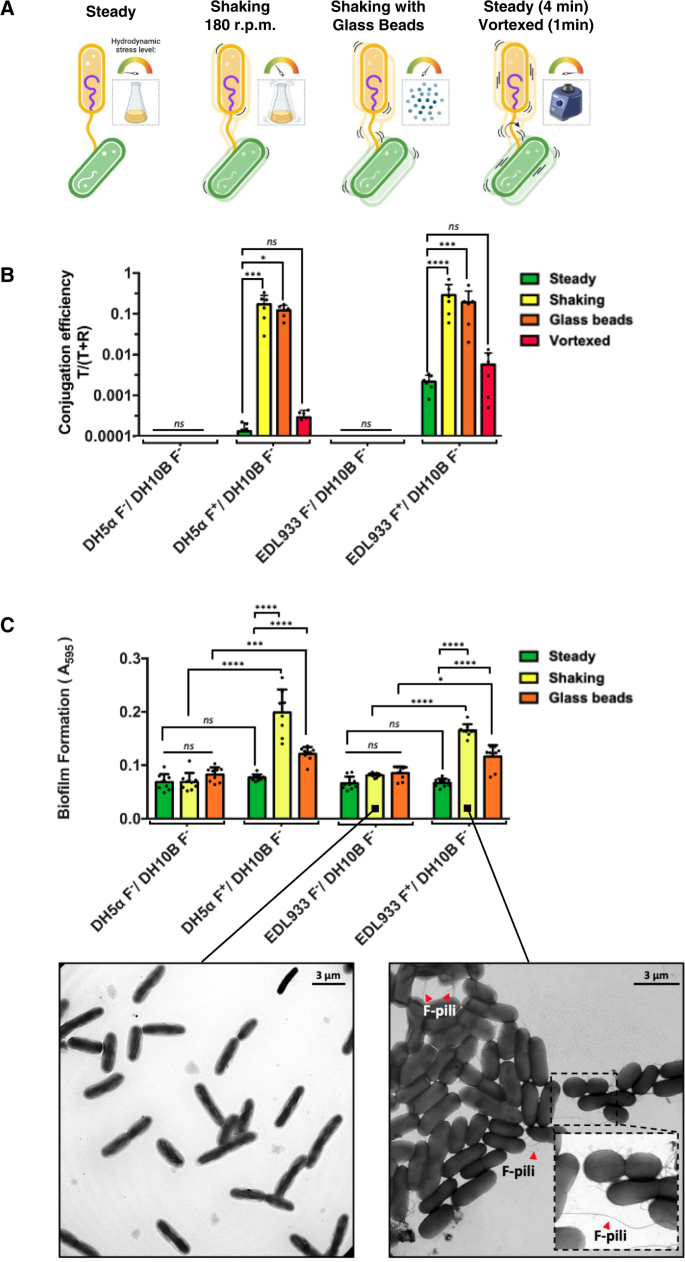2023-04-21 カリフォルニア大学サンディエゴ校(UCSD)
FBP1は、肝臓が睡眠中にグルコースを合成し、血流中のグルコースを一定に維持するグルコ新生を制御する。糖尿病の患者は低血糖症になる危険があるが、FBP1はインスリンの過剰反応を防ぎ、低血糖性ショックを防ぐ。FBP1には、フルクトースをグルコースに変換する役割の他に、インスリン活性の主要な経路である蛋白質キナーゼAKTを阻害する非酵素的な重要な役割もある。
研究者は、FBP1から派生したペプチドを開発し、インスリン抵抗性を逆転させ、正常な血糖コントロールを回復させることができる可能性があると述べた。
<関連情報>
- https://today.ucsd.edu/story/too-much-insulin-can-be-as-dangerous-as-too-little
- https://www.cell.com/cell-metabolism/fulltext/S1550-4131(23)00126-2
フルクトース-1,6-ビスホスファターゼは、AKT活性化を抑制してインスリン過敏症を予防する非酵素的な安全弁となる Fructose-1,6-bisphosphatase is a nonenzymatic safety valve that curtails AKT activation to prevent insulin hyperresponsiveness
Li Gu,Yahui Zhu,Kosuke Watari,Maiya Lee,Junlai Liu,Sofia Perez,Melinda Thai,Joshua E. Mayfield,Bichen Zhang,Karina Cunha e Rocha,Fuming Li,Laura C. Kim,Alexander C. Jones,Igor H. Wierzbicki,Xiao Liu,Alexandra C. Newton,Tatiana Kisseleva,Jun Hee Lee,Wei Ying,David J. Gonzalez,Alan R. Saltiel,M. Celeste Simon,Michael Karin
Cell Metabolism Published:April 20, 2023
DOI:https://doi.org/10.1016/j.cmet.2023.03.021

Highlights
•FBP1 deficiency causes hypoglycemia, hepatomegaly, hepatosteatosis, and hyperlipidemia
•FBP1 prevents insulin hyperresponsiveness independently of its catalytic activity
•FBP1 associates with PP2A-C and ALDOB and AKT to accelerate AKT dephosphorylation
•A complex disrupting FBP1-derived E7 peptide ameliorates diet-induced insulin resistance
Summary
Insulin inhibits gluconeogenesis and stimulates glucose conversion to glycogen and lipids. How these activities are coordinated to prevent hypoglycemia and hepatosteatosis is unclear. Fructose-1,6-bisphosphatase (FBP1) is rate controlling for gluconeogenesis. However, inborn human FBP1 deficiency does not cause hypoglycemia unless accompanied by fasting or starvation, which also trigger paradoxical hepatomegaly, hepatosteatosis, and hyperlipidemia. Hepatocyte FBP1-ablated mice exhibit identical fasting-conditional pathologies along with AKT hyperactivation, whose inhibition reversed hepatomegaly, hepatosteatosis, and hyperlipidemia but not hypoglycemia. Surprisingly, fasting-mediated AKT hyperactivation is insulin dependent. Independently of its catalytic activity, FBP1 prevents insulin hyperresponsiveness by forming a stable complex with AKT, PP2A-C, and aldolase B (ALDOB), which specifically accelerates AKT dephosphorylation. Enhanced by fasting and weakened by elevated insulin, FBP1:PP2A-C:ALDOB:AKT complex formation, which is disrupted by human FBP1 deficiency mutations or a C-terminal FBP1 truncation, prevents insulin-triggered liver pathologies and maintains lipid and glucose homeostasis. Conversely, an FBP1-derived complex disrupting peptide reverses diet-induced insulin resistance.


